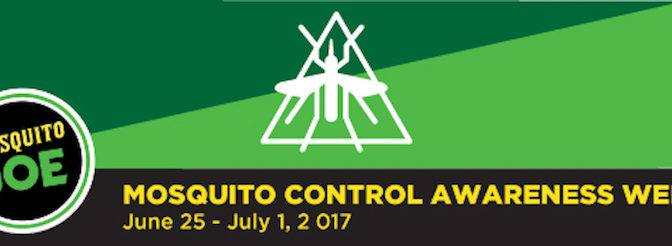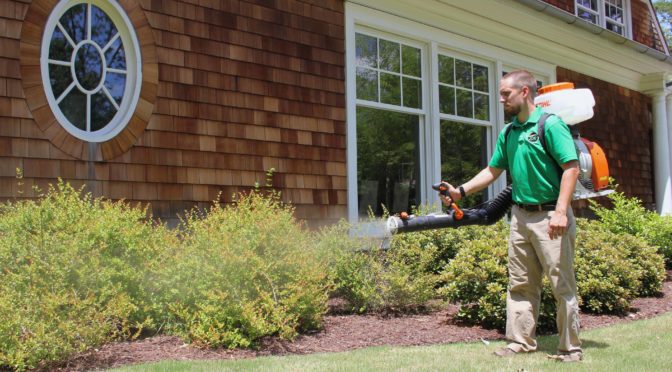Our Planet
 April 22nd, 1970 marks the birth of Earth Day. Millions of people gathered to protest the negative impacts of industrial development on our planet. Since that time, Earth Day has grown into a movement with participation by over 192 countries and over one billion people. Earth Day this year is focusing on ending plastic pollution. Currently, 300 million TONS (yes, tons!) of plastic is produced each year, and only 10% of that is recycled. According to some sources, more plastic has been produced and used in the last decade than in the entirety of the 20th century. While the push to increase recycling continues, this year Earth Day Network is asking everyone to commit to reducing the use of plastics and instead switch to sustainable alternatives. You can learn more about pledging and committing to reduce waste by clicking here.
April 22nd, 1970 marks the birth of Earth Day. Millions of people gathered to protest the negative impacts of industrial development on our planet. Since that time, Earth Day has grown into a movement with participation by over 192 countries and over one billion people. Earth Day this year is focusing on ending plastic pollution. Currently, 300 million TONS (yes, tons!) of plastic is produced each year, and only 10% of that is recycled. According to some sources, more plastic has been produced and used in the last decade than in the entirety of the 20th century. While the push to increase recycling continues, this year Earth Day Network is asking everyone to commit to reducing the use of plastics and instead switch to sustainable alternatives. You can learn more about pledging and committing to reduce waste by clicking here.
Houston has its own website for Earth Day where you can request more information, or you can like them on Facebook. Big changes start with each and every one of us, so get involved and start making an impact!
Speaking of making an impact, last year Mosquito Joe partnered with Nothing But Nets in their fight against malaria. For each  new customer serviced during Mosquito Control Awareness Week, Mosquito Joe donated $10 to Nothing But Nets. Each donation paid for an insecticide-treated net for a family in Sub-Sahara Africa. We collected $14,100 in donations as a company and raised over $20,000 with donation matching. That’s over 2,000 nets! You can read more about the partnership here.
new customer serviced during Mosquito Control Awareness Week, Mosquito Joe donated $10 to Nothing But Nets. Each donation paid for an insecticide-treated net for a family in Sub-Sahara Africa. We collected $14,100 in donations as a company and raised over $20,000 with donation matching. That’s over 2,000 nets! You can read more about the partnership here.
World Malaria Day is April 25th, and what better time to reach out and make a donation! Every 2 minutes a child dies from malaria and nearly half the world’s population is at risk. Visit their website to learn more about Nothing But Nets. We look forward to continuing our work with them this year and with your help, plan on exceeding our donation from last year.
In keeping with our global outlook, we want to make mention of one last celebration this month! Arbor Day falls on April 27th this year. There are so many activities and ways to get involved that it would be impossible to list them all here. You can visit this link for information specific to Texas and find some local goings-on, including Montgomery, Conroe, Brenham and Bryan.
 Arbor Day has its roots in Nebraska when Julius Morton made his way there from Detroit. He became the editor of Nebraska’s first Newspaper and disseminated information on agriculture and trees to his audience. Pioneers who read his paper started planting trees to help protect them from the wind and to provide building material for their homes. These days, Arbor Day is recognized in all 50 states and looks to the future, rather than the past. Arbor Day is about recognizing the vital role that trees play in our world and the needs of future generations.
Arbor Day has its roots in Nebraska when Julius Morton made his way there from Detroit. He became the editor of Nebraska’s first Newspaper and disseminated information on agriculture and trees to his audience. Pioneers who read his paper started planting trees to help protect them from the wind and to provide building material for their homes. These days, Arbor Day is recognized in all 50 states and looks to the future, rather than the past. Arbor Day is about recognizing the vital role that trees play in our world and the needs of future generations.
So this April, replace your plastics, donate a net and plant a tree! Together we can all make the world a better place.
 Outside is fun again.
Outside is fun again.





 The first step in our partnership was reaching out to our customers for donations to this worthy cause, setting a goal of 500 nets. With each $10 donation, an insecticide-treated bed net will be provided to a family in sub-Sahara Africa who are at risk for the disease and lack the resources to protect themselves. Mosquito Joe promised to match donations to deliver 1,000 nets and boy did you guys come through! We have already surpassed our goal and our customers are continuing to give. If you would like to donate please visit this
The first step in our partnership was reaching out to our customers for donations to this worthy cause, setting a goal of 500 nets. With each $10 donation, an insecticide-treated bed net will be provided to a family in sub-Sahara Africa who are at risk for the disease and lack the resources to protect themselves. Mosquito Joe promised to match donations to deliver 1,000 nets and boy did you guys come through! We have already surpassed our goal and our customers are continuing to give. If you would like to donate please visit this 

 Finally, we don’t want to let June go by without a mention of the “World’s Largest Swimming Lesson” happening at the Conroe Aquatic Center on June 22nd at 10am. Created to bring awareness to the importance around making sure all our kids know how to swim, this free event is great fun for the whole family. The lesson is held in conjunction with other sites worldwide simultaneously! Head out and participate and help break the Guinness Book of World Record (that they achieved last year) of over 40,000 people. That’s 40,000 people all taking a swimming lesson together! Visit the City of Conroe
Finally, we don’t want to let June go by without a mention of the “World’s Largest Swimming Lesson” happening at the Conroe Aquatic Center on June 22nd at 10am. Created to bring awareness to the importance around making sure all our kids know how to swim, this free event is great fun for the whole family. The lesson is held in conjunction with other sites worldwide simultaneously! Head out and participate and help break the Guinness Book of World Record (that they achieved last year) of over 40,000 people. That’s 40,000 people all taking a swimming lesson together! Visit the City of Conroe 

